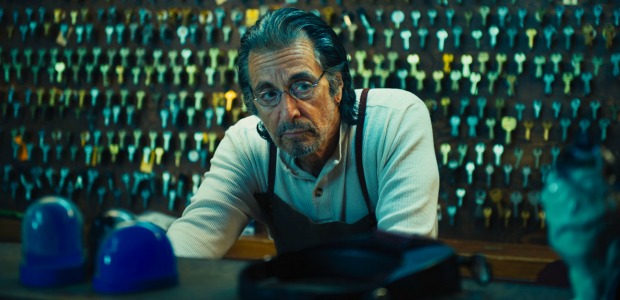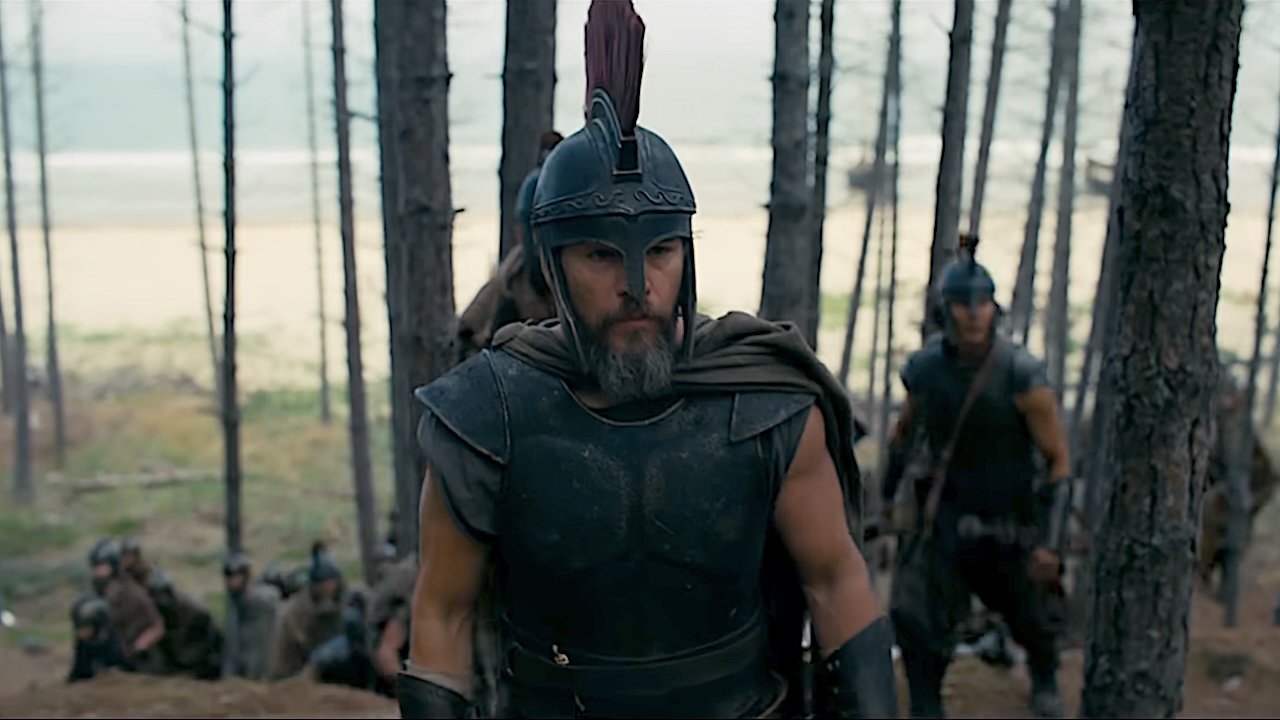It’s a testament to Al Pacino’s talent and presence that even as we’ve been forced to watch him meander from the ordinary to the embarrassing during the twilight of his career that he still manages to provide intriguing and magnetic performances. It also speaks volumes for his creative decisions that, nowadays, the only cinematic choices he makes are missteps that constantly undermine his past successes.
To be fair to Al on the face of it, there was every chance that Manglehorn, his latest utterly underwhelming addition to his consistently dwindling oeuvre, would correct this slide. It sees him team up with director David Gordon Green, whose 2003’s All The Real Girls and 2000’s George Washington proved that he had a real eye for the stirringly dramatic, while Pineapple Express and HBO’s Eastbound & Down each showcase his predilection for the irreverently comic.
Manglehorn tries to blend these two facets together, but, in the end, it ends up in a cinematic purgatory that is just relentlessly dull and frustrating. In a move not too dissimilar to his Jack & Jill co-star Adam Sandler’s decision to star in The Cobbler, Pacino stars as locksmith A.J. Manglehorn, a man whose life has stagnated because he is still obsessed with the woman he loved but never married, Clara. He repeatedly writes letters to Clara, pining for what was once love, while at the same time taking every wrong step in his relationship with his son, Jacob (Chris Messina).
The cat-loving Manglehorn seeks solace in a burgeoning relationship with bank teller Dawn (Holly Hunter), while he constantly finds himself interacting with the local miscreant Gary (Harmony Korine), a one-time drug dealer who has now turned into a shady, massage-based, entrepreneur. Unfortunately, just like Sandler’s The Cobbler, which saw the comedian pair up with esteemed director Thomas McCarthy, Manglehorn’s good intentions are sabotaged by a woefully underwritten script.
For the opening 40 minutes, we’re introduced to Manglehorn and his world, and the only thing that just about keeps the film afloat is Pacino’s slowly engrossing approach. Pacino layers Manglehorn with unique characterization, while making him both detestable and loveable, and you just wait for the film to burst into life courtesy of a narrative catalyst. But this catalyst never arrives, and instead, Manglehorn plods drearily along, where even potentially intriguingly scenarios play out in a flaccid and uninteresting fashion.
It’s not as if David Gordon Green doesn’t punctuate Manglehorn with moments of genuinely appealing and unique scenes, though. There’s a bizarre car-crash sequence involving a watermelon truck that is sumptuously shot, and a man’s serenading of a teller in a bank is understatedly romantic. But rather than elevate Manglehorn, they just frustrate. Because it shows the true potential of those involved, and you can’t help but ponder what could have been if they’d only chosen a more interesting and dense project to work together on.
In brief periods, Manglehorn is haunting, poetic, and it even ends in an oddly uplifting fashion. But these moments are too seldom, and by the end of its 97-minute running time, you just want the film to give up the ghost. And if Pacino continues to take the same career missteps, that’s a sentiment that the cinematic community will soon extend to him, too. His talent and legacy deserves a better denouement.
Your Daily Blend of Entertainment News


